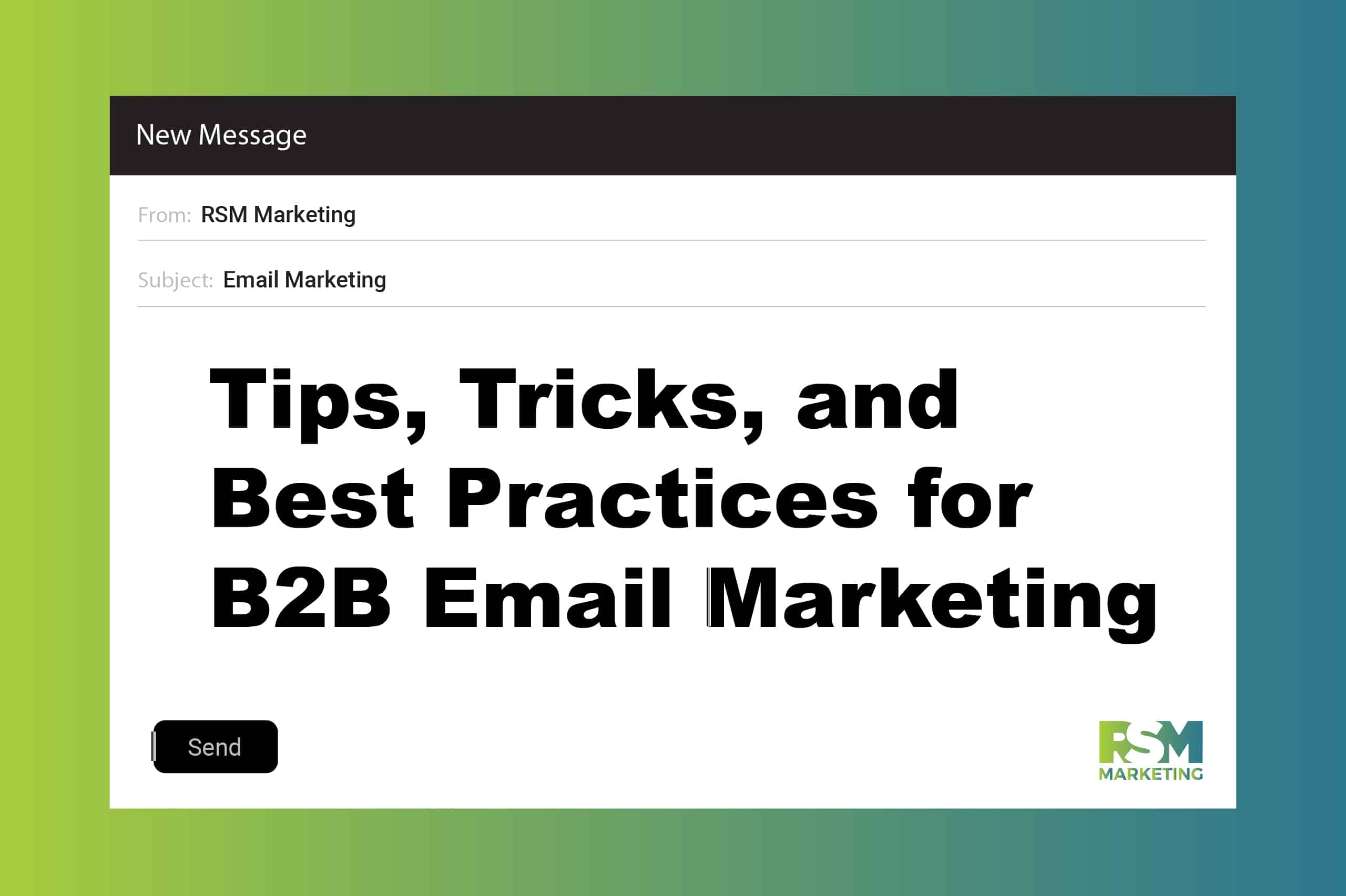Marketing Insights
AI and SEO: A 2024 Powerhouse Pairing
As the digital marketing landscape and SEO continue to evolve, understanding the intersection between artificial intelligence (AI) and search engine optimization (SEO) is crucial. The synergy of AI and SEO…
Should You Outsource Your Marketing Department?
Understanding Outsourcing in Marketing In the dynamic world of business, outsourcing has emerged as a pivotal strategy for companies aiming to enhance their marketing prowess. This trend is fueled by…
Plumbing Contractor Local SEO Services: A Comprehensive Guide
Introduction What is local SEO? Local SEO, or Local Search Engine Optimization, is the practice of optimizing a business’s online presence to attract more business from relevant local searches. These…
How to Develop a Killer B2B Content Marketing Strategy!
Content marketing plays an essential role in your business’s customer acquisition and retention strategy. Making the initial contact with other business customers used to be the responsibility of your sales…
Tips, Tricks, and Best Practices for B2B Email Marketing!
If you own a B2B company, then you should not ignore email marketing! According to the Content Marketing Institute, 87% of B2B marketers state that email is their preferred solution…
Ways Google Analytics 4 is Different (and Better!) Than Universal Analytics
Nearly a year ago, Google announced that it would begin sunsetting Universal Analytics in July of 2023. That means anyone using Google’s insight services will need to be set up…
How to Increase Your Domain Authority
Whenever someone gives you advice, the first thing you probably do is evaluate whether their advice is trustworthy or not. Part of that evaluation is deciding how much knowledge the…
How to Write Attention-Grabbing Social Media Copy
Writing good social media copy can feel like a daunting task, especially copy that can stand out against other brands showing up on your customer’s feeds. There are ways to…
Web: What You Want To Know
Our latest RSM U webinar was all about YOU. Marketing Director and Senior Creative Lead Andrew Bayless and Web Designer/Developer Kyle Altenderfer answered questions generated by our audience about all…
Does Responding to Reviews Help SEO?
Search engine optimization (SEO) is a critical component of any digital marketing strategy because it allows businesses to increase their organic search result rankings on websites like Google and Bing.…
9 Benefits of Text Marketing for Businesses
Businesses are continuously looking for new and improved ways to engage with current customers and attract new customers within their target audience. While traditional digital marketing tactics, such as email…
9 Tools That Every Blogger Should Have in Their Arsenal!
Creating a blog is an effective way to grow a business. Good things come to those who wait, and the same concept must be followed while writing a blog. Blogging…











